Teaching children to play chess found to decrease risk aversion
Por um escritor misterioso
Last updated 24 outubro 2024

A trio of researchers from Monash University and Deakin University has found that teaching children to play chess can reduce their aversion to risk. In their paper published in Journal of Development Economics, Asad Islam, Wang-Sheng Lee and Aaron Nicholas describe studying the impact of learning chess on 400 children in the U.K.
Playing chess improves children's capacity to take calculated
How was 3 year old misha osipov taught chess? - Quora
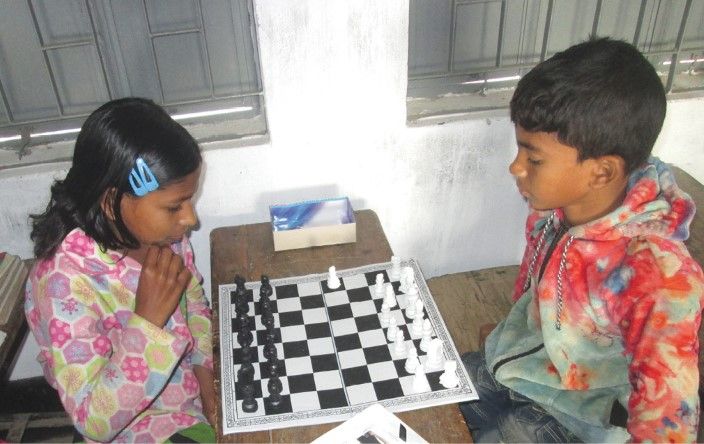
Playing chess reduces risk aversion in children
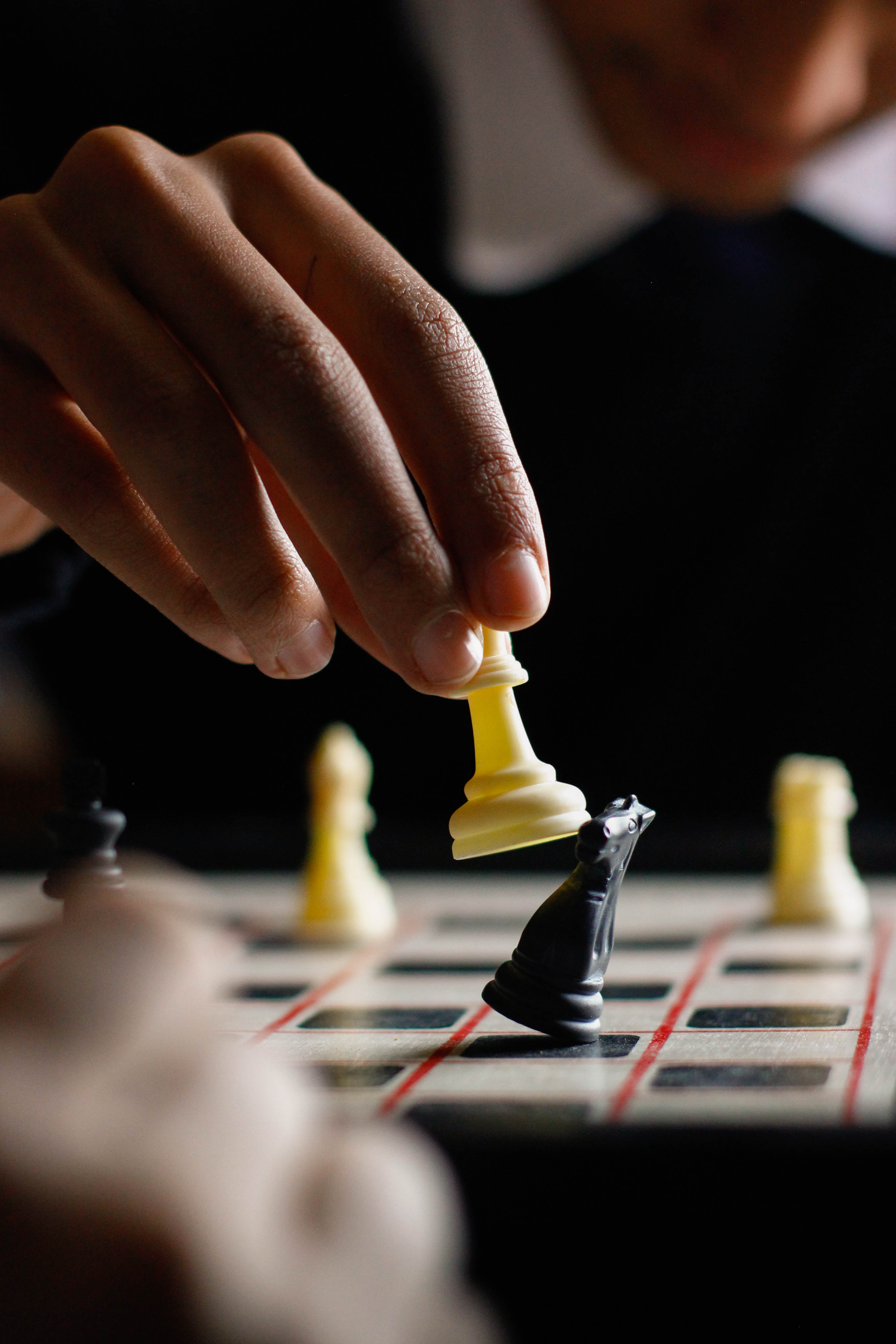
Cognitive performance in the home office—What professional chess

The Psychology of Decision-Making
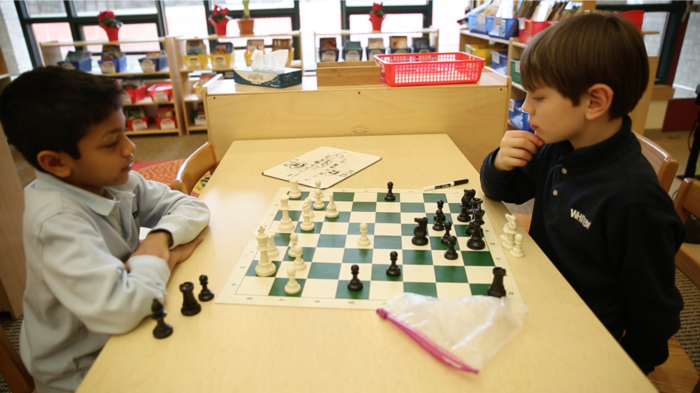
8 Critical Thinking Skills Kids Learn at Chess Camp
/cloudfront-eu-central-1.images.arcpublishing.com/prisa/3NGGVXWVXJCBLL2HWGWQJWFFUM.jpg)
Psychology: Scientists say too much glutamate is why thinking hard

Benefits of playing chess to children's development - alphaTUB Blog
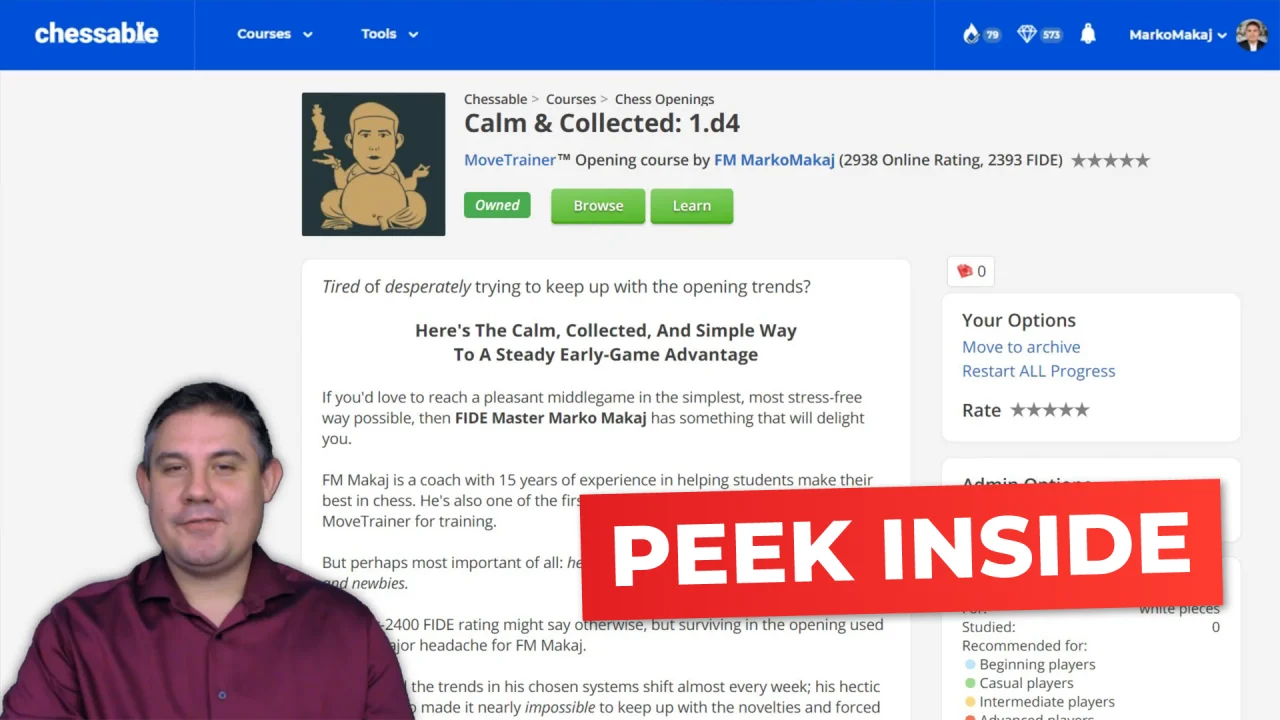
Calm & Collected: 1. d4

Game of chess teaches kids problem-solving, patience and
Recomendado para você
-
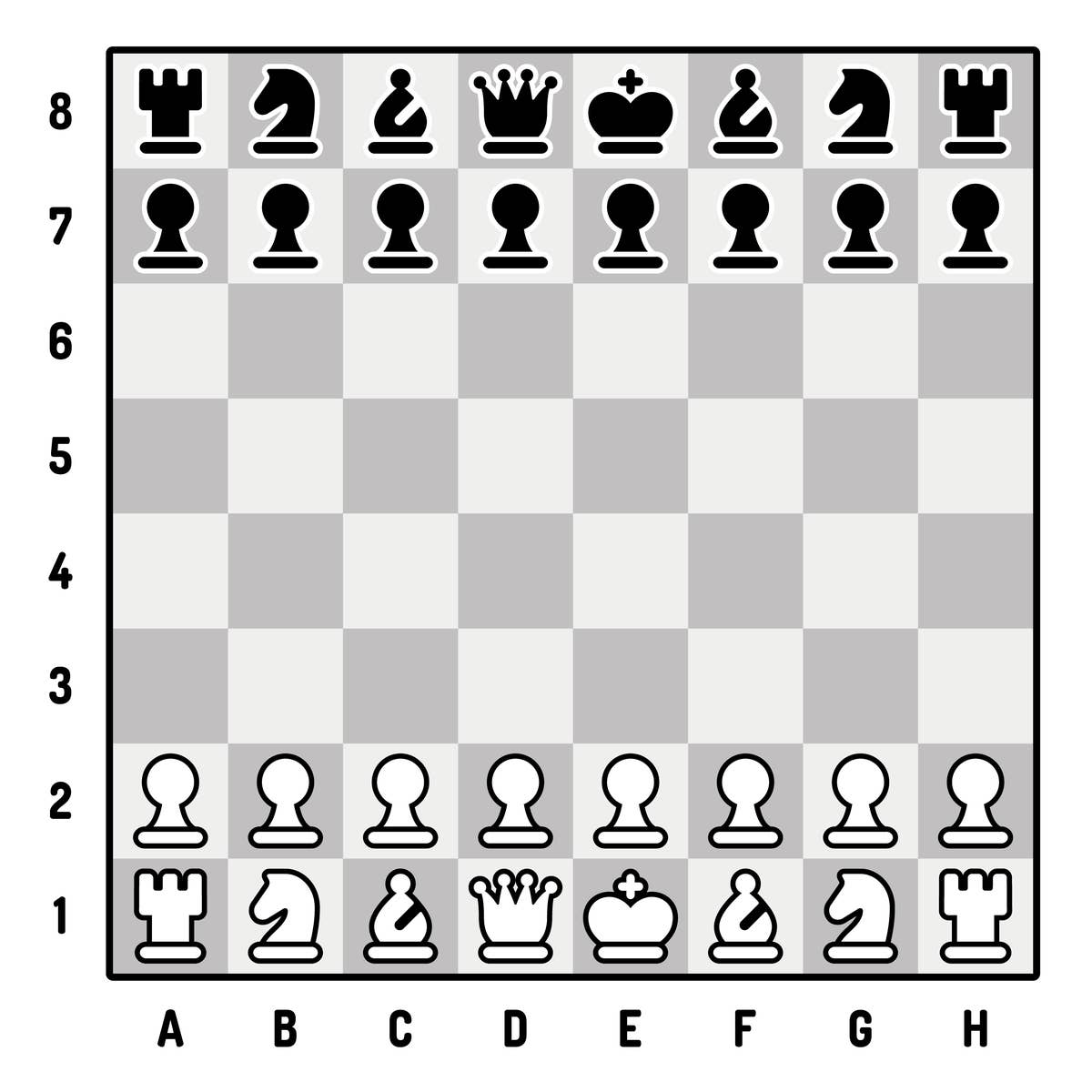 How to play chess for beginners: rules, moves and setup24 outubro 2024
How to play chess for beginners: rules, moves and setup24 outubro 2024 -
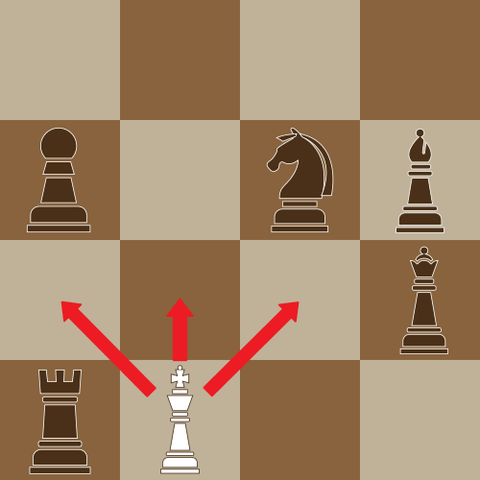 How to Play Chess – Yellow Mountain Imports24 outubro 2024
How to Play Chess – Yellow Mountain Imports24 outubro 2024 -
 Play Chess Online - with Friends24 outubro 2024
Play Chess Online - with Friends24 outubro 2024 -
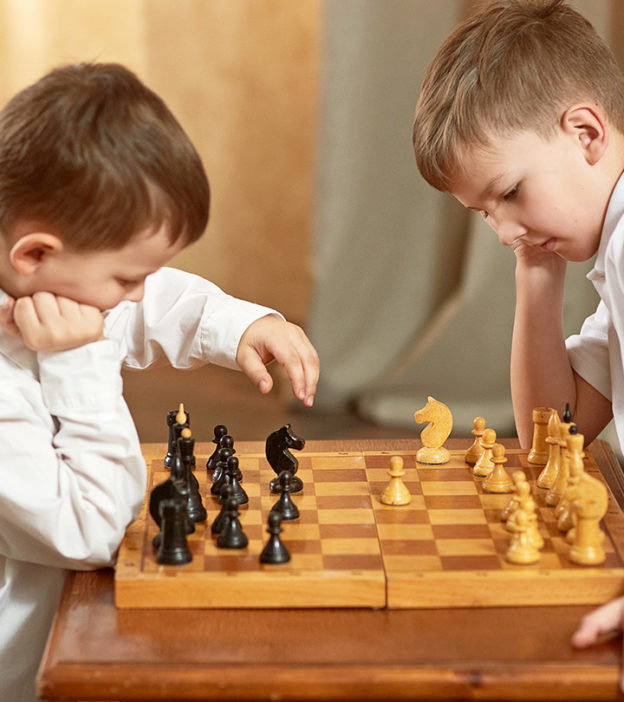 How To Play Chess: A Step-By-Step Guide For Kids24 outubro 2024
How To Play Chess: A Step-By-Step Guide For Kids24 outubro 2024 -
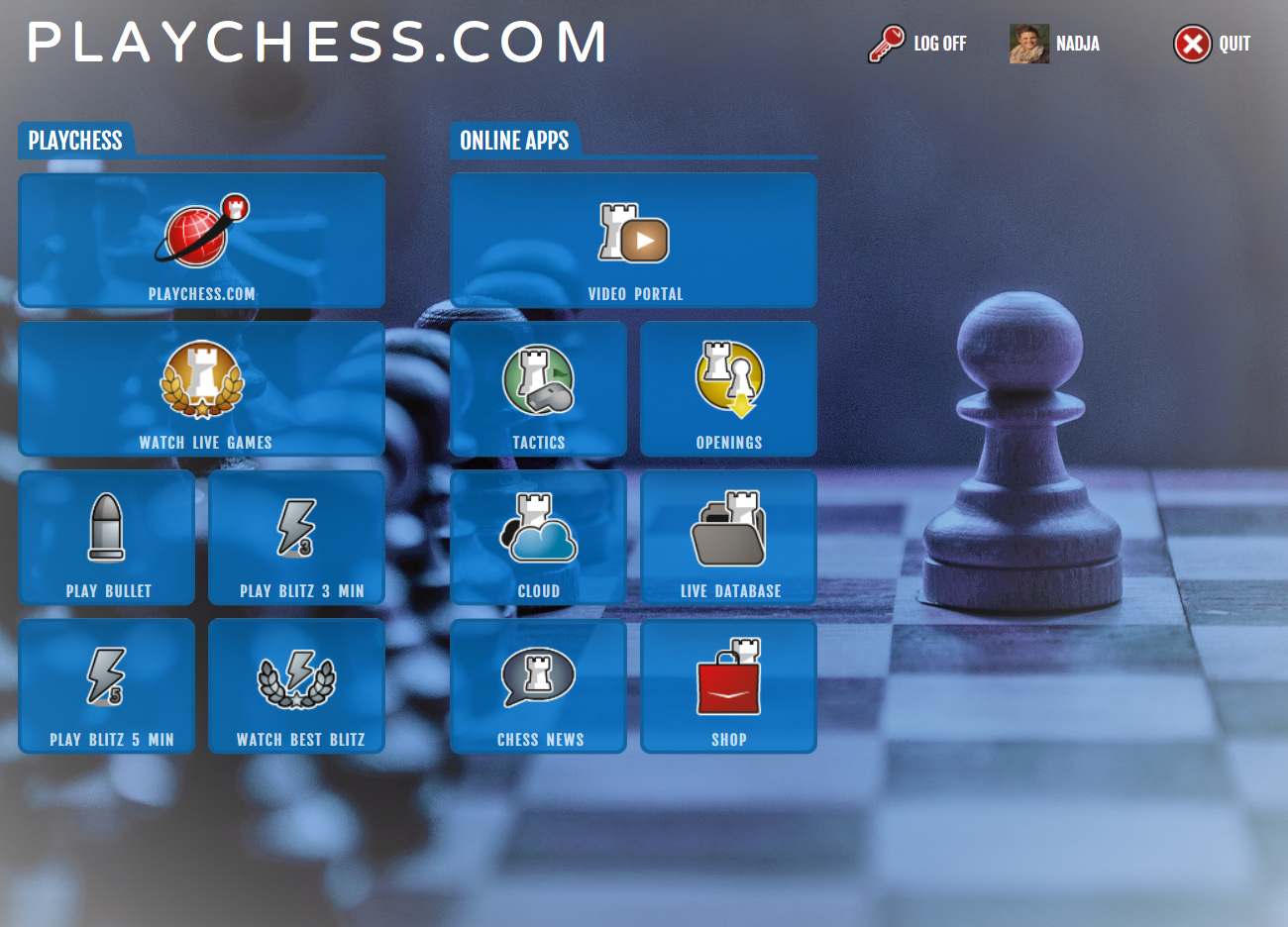 4 ways to play chess online with ChessBase24 outubro 2024
4 ways to play chess online with ChessBase24 outubro 2024 -
 playchess.com - Free download and software reviews - CNET Download24 outubro 2024
playchess.com - Free download and software reviews - CNET Download24 outubro 2024 -
Autumn Series on Playchess – Your way to PowerPlay training24 outubro 2024
-
GitHub - neverwannafly/PlayChess: A web application which supports24 outubro 2024
-
 Premium Photo Senior men spending their leisure time to play24 outubro 2024
Premium Photo Senior men spending their leisure time to play24 outubro 2024 -
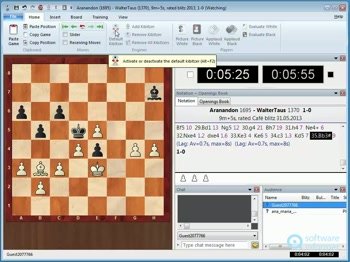 PlayChess 8.0 Download (Free) - PlayChessV7.exe24 outubro 2024
PlayChess 8.0 Download (Free) - PlayChessV7.exe24 outubro 2024
você pode gostar
-
 💜 → Desenhei minha skin do Roblox!24 outubro 2024
💜 → Desenhei minha skin do Roblox!24 outubro 2024 -
 Afiliados - SINEPE/MA24 outubro 2024
Afiliados - SINEPE/MA24 outubro 2024 -
 JOGOS MULTIPLAYER 🎮 - Jogue Grátis Online!24 outubro 2024
JOGOS MULTIPLAYER 🎮 - Jogue Grátis Online!24 outubro 2024 -
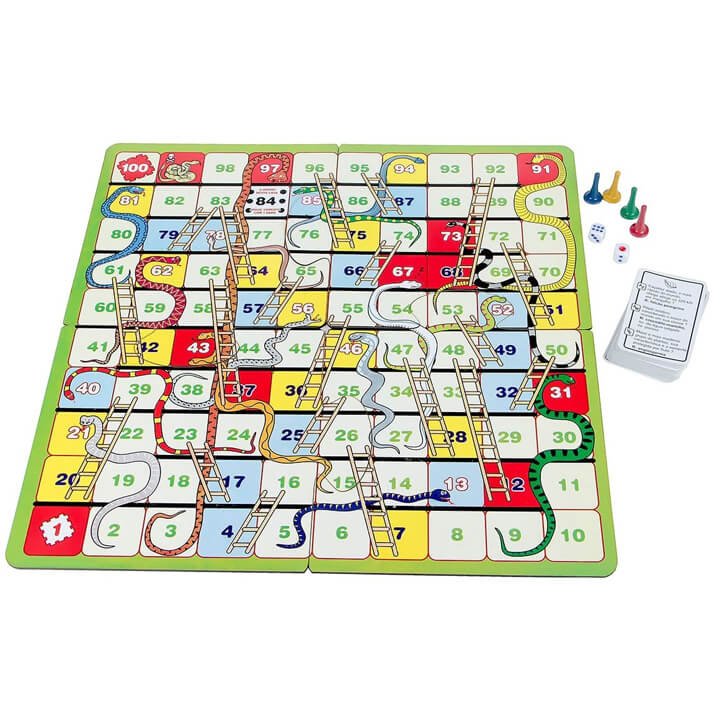 Jogo de Tabuleiro Educativo Cobras e Escadas – Carlu – Azul e Rosa24 outubro 2024
Jogo de Tabuleiro Educativo Cobras e Escadas – Carlu – Azul e Rosa24 outubro 2024 -
 Ash vs Evil Dead season 3 finale - fans frustrated by season cliffhanger after show's axe24 outubro 2024
Ash vs Evil Dead season 3 finale - fans frustrated by season cliffhanger after show's axe24 outubro 2024 -
 Desenho-Goku SSJ4(Passo a Passo)24 outubro 2024
Desenho-Goku SSJ4(Passo a Passo)24 outubro 2024 -
 Descubre los códigos secretos de Netflix para encontrar más series y películas en la plataforma de streaming24 outubro 2024
Descubre los códigos secretos de Netflix para encontrar más series y películas en la plataforma de streaming24 outubro 2024 -
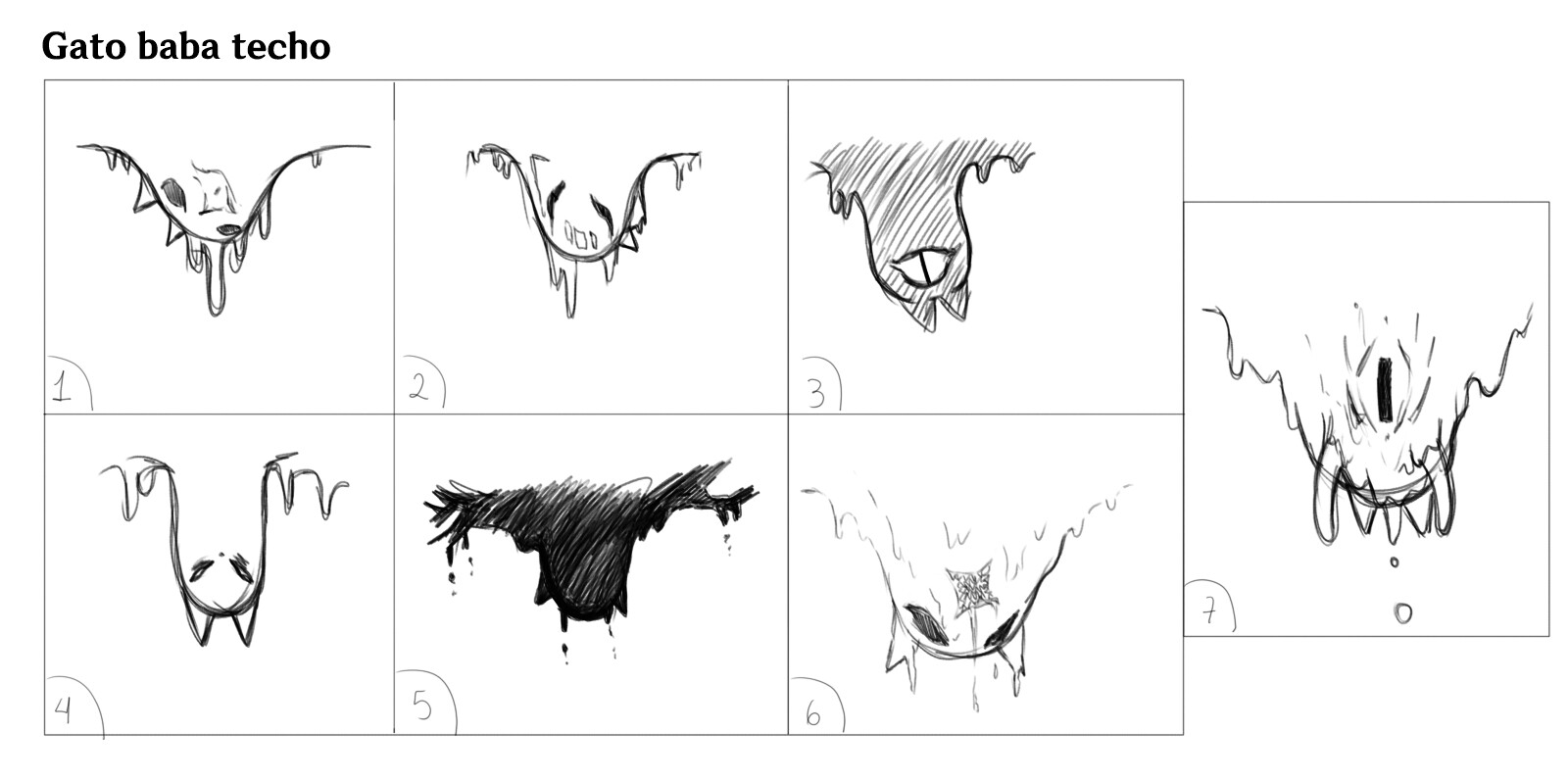 ArtStation - Cat Game - Character Design24 outubro 2024
ArtStation - Cat Game - Character Design24 outubro 2024 -
JUSTIN CHATWIN — Art of Awareness24 outubro 2024
-
 PSA: Use this Modern Warfare Zombies (MWZ) Easter Egg to keep your24 outubro 2024
PSA: Use this Modern Warfare Zombies (MWZ) Easter Egg to keep your24 outubro 2024

